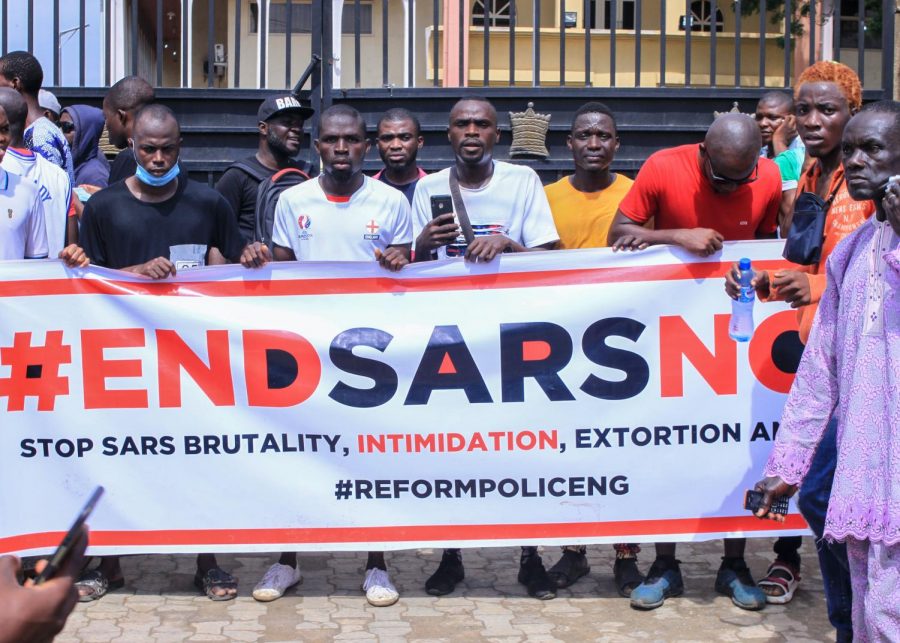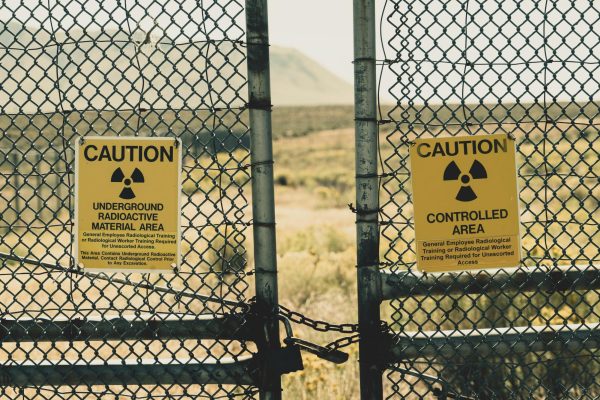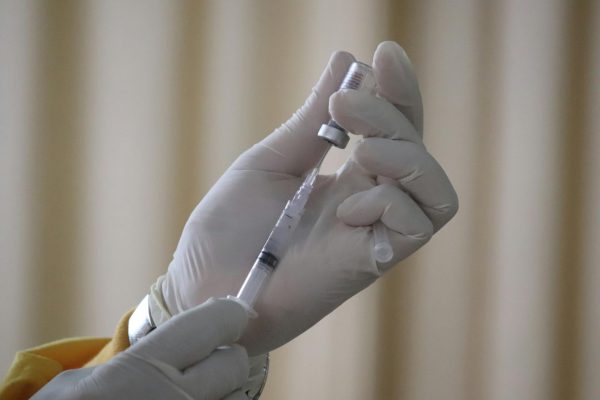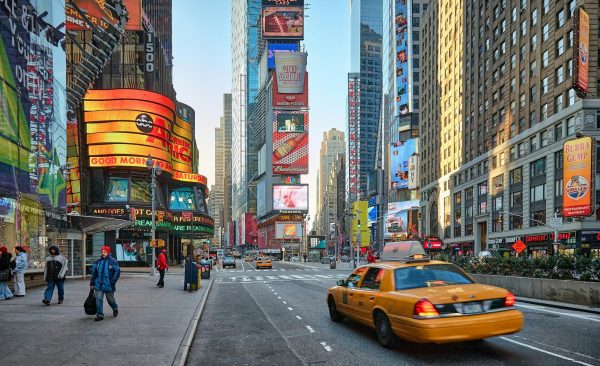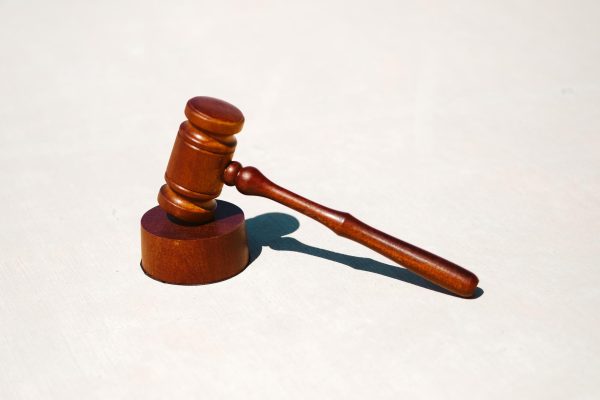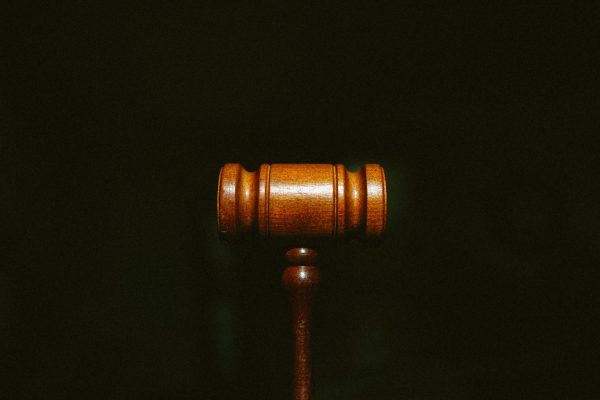Nigeria’s SARS Protests
Photo courtesy of Tobi Oshinnaike on Unsplash.com
Photo courtesy of Tobi Oshinnaike on Unsplash.com
November 8, 2020
On October 20, 10 demonstrators at Lekki Toll Gate, Nigeria, were killed by Nigerian soldiers and security forces, who had fired live rounds into the crowd to disperse them. The shooting took place after two weeks of nationwide protests against police brutality and SARS, a controversial police unit.
The Special Anti-Robbery Squad (SARS) was formed in 1992. SARS was created in the country’s largest city and commercial capital, Lagos, to combat armed robberies. The unit received backlash when confirmed victim accounts showed SARS officers and security forces engaged in excessive violence and brutality that involved torture, disappearances, and abduction. Complaints about the unit received little attention from the police.
In 2017, peaceful demonstrations by several youth organizations began to gain national attention. In response, the federal government formed a committee to study complaints against SARS in 2018. However, the committee’s findings were never made public, and SARS officers faced no repercussions.
Recent protests against SARS broke out on October 3 when videos of SARS officers shooting an unarmed youth in the town of Ughelli surfaced on social media. In Lagos, people took to the streets, demanding the disbanding of SARS and an end to all forms of police brutality. The demonstrations quickly spread to 21 other cities across Nigeria as the #EndSARS movement spread on social media.
Nigeria’s President, Muhammadu Buhari, has consistently described urban youth in Nigeria as idle and reluctant to work, calling for their employment in rural, agricultural areas. However, Nigeria’s future adults are gravitating more to career opportunities and prospects that come with rising technology connectivity and awareness. Many young Nigerians have excelled in the tech industry and do not want to work in rural Nigeria’s harsh conditions. This digital aspiration is part of the reason young people are often targeted by Nigerian police, as they carry technology such as smartphones and laptops, which, according to the police, make them internet fraudsters. It is important to note, however, that not all Nigerians have the same perspective of SARS. Nigerian citizens living in the northern and northeastern rural areas of Nigeria, who are constantly being threatened by the powerful jihadist, extremist group Boko Haram, find SARS’s protection efficient and effective.
These differing perspectives have caused a generational divide in Nigeria. Buhari and the older Nigerians remain fixated that Nigeria’s oil and agricultural sectors, which made Nigeria the economic and industrial powerhouse of Africa, are the sole important opportunities for the new generations. Younger Nigerians, on the other hand, see other ways of earning a living beyond oil. Many believe that technology and other creative sectors that require talent and not just respectability are the future of Nigeria’s growth.
Due to the establishment of SARS in 1992, nothing could be effectively done about brutality in Nigeria at that time, as the country was not a formal democracy yet. Although civil rule was established in 1999, Buhari’s election in 2015 was the first-ever peaceful transfer of power in Nigeria’s history. Judicial corruption and a weak legislative arm remain a large obstacle in Nigeria’s democracy, not to mention that electoral outcomes are still often determined by violence. One thing is certain, however, Nigeria’s future depends on the acceptance of Nigeria’s youth. If they struggle to sustain themselves or to create a better Nigeria, they will most likely leave the country for places that encourage innovation and creativity.


